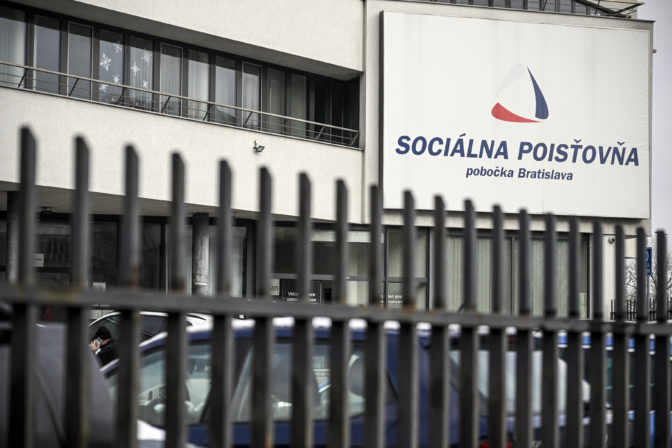BRATISLAVA, June 30, (WEBNOVINY) — Slovakia’s Minister of Labor and Social Affairs Jozef Mihal announced at a press meeting on Thursday that super-gross wage is to be introduced in Slovakia as of next year. “Employees’ gross wage will be increased by employer’s payroll levies after the New Year,” he explained. The minister further elaborated that payroll taxes will be calculated from the super-gross wage while employers will continue paying these contributions on behalf of their employees to health and social insurance companies. “This measure will in no way burden employees,” underscored Mihal. The minister opines that this measure will make the tax and payroll levy system more transparent and understandable for the lay public.
The Labor Ministry stated that employers can use three different methods of calculation of the current wage. They will choose the calculation method according to the type of employment and the wage volume. The first method employers in the private sector can choose is calculation of income of employees with low wages in a simple but less precise way by multiplying the current wage by the coefficient of 1.334. The second, more exact way is a so-called status method, which, according to the Labor Ministry, takes into account whether employees are, for example, working old-age or disabled pensioners and pay lower payroll contributions. “The first method is simpler but more expensive for employers. However, employees can gain from such calculation. The second method is more laborious but more exact,” clarified the ministry.
Wages of employees who earn more than 1.5-fold the average wage are to be recalculated according to a formula that considers the total of the original wage and payroll contributions the company pays on behalf of the employee. The ministry explained that the formula alone is required because employees do not pay fund contributions from the whole gross wage but only from its part with regard to the existence of the payroll contribution cap. “If wages of these employees were recalculated from the whole gross wage according to a formula, the result would be overvalued,” warned the ministry.
Employers in the public sector will not be able to choose. “They will have to calculate wages as exactly as possible, i.e. according to a status coefficient with regard to statutory claims,” stated the ministry. New wage charts with recalculated rates will be issued to determine salaries set by wage charts. Labor inspectorates together with tax offices will conduct more intensive checks to make sure that employers recalculated wages correctly and in time. “If they detect flaws on employers’ part, they can impose a fine of EUR 1,000 to EUR 100,000,” the ministry said.
The ministry further states that since assessment bases will be unified, employee bonus [negative income tax for very low income earners — SITA note] loses its basis because the tax-levy burden of the affected income groups is to be reduced. The employee bonus will therefore be abolished. “The millionaire tax will also be scrapped which will improve the family budget of about 85,000 employees and 7,000 businessmen and self-employed. Calculation of tax-exempt items of the tax base will be clearer and the tax-levy system will be simplified in general, claims the Labor Ministry.
The tax-free component of the assessment base for a wife or a husband without taxable income is to be limited to 18-fold the subsistence minimum. “It will be possible to apply it if a person takes care of an under-age child,” explained the ministry. People who do not take care of a child and are not economically active will not be eligible for this advantage, for example housewives.
SITA












